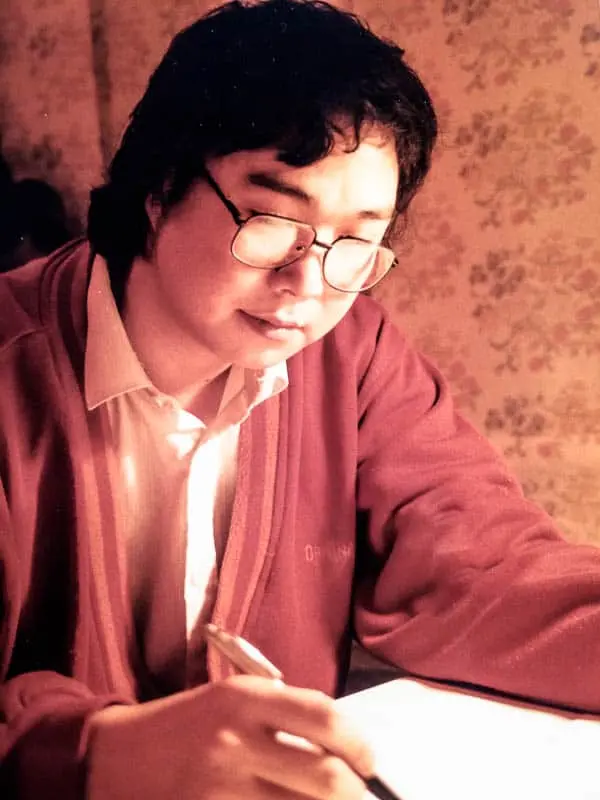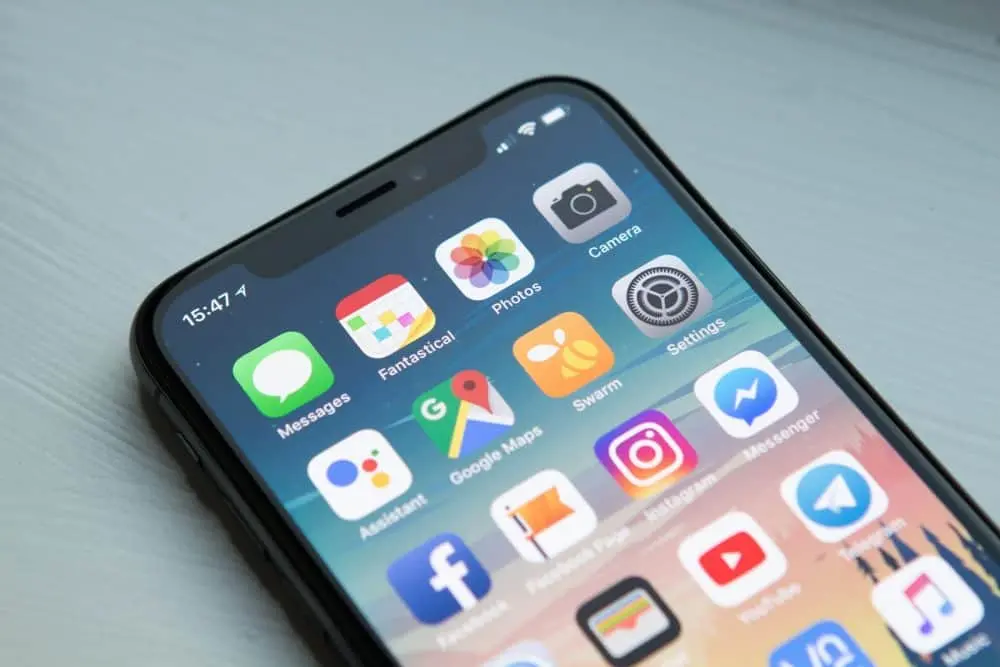By Laura Macomber
Novelist and editor Stephanie Feldman was at work when she first learned that her identity had been stolen. Except in her case, it wasn’t a Social Security number or banking information the culprit was after—it was her livelihood. With nothing but a Twitter login and a headshot swiped from Stephanie’s professional website, an anonymous figure had launched an effective impersonation campaign, painting Stephanie—quite falsely—as a misandrist in support of white genocide. “Feminist to do list: abort all white male babies” Stephanie’s avatar tweeted, unleashing a torrent of hateful messages and direct threats in the real Stephanie’s direction. But her attacker didn’t stop there: Next they contacted the university where Stephanie adjuncts in a bid to get her fired. Then they went after her publisher.
In the weeks and months following her attack, Stephanie was forced to field comments and messages that at turns caused her to fear for her safety, take breaks from social media, and censor what she published online. Still, she knew that to withdraw from online discourse altogether would be professional suicide.
“I can’t quit social media, because otherwise how do I do all this?” Stephanie says, genuinely perplexed. “That’s how I connect to other writers. That’s how I promote my book.” Even so, she’s been too scared to tweet out the book cover for her forthcoming anthology, Who Will Speak for America?, for fear that her contributing writers will become targets of similar online harassment campaigns.
Unfortunately, Stephanie’s case is far from unique. Many writers today, like Stephanie, rely on social media to promote their work and make connections in the industry. Presence on social media has become a professional imperative. Book publishers pressure their authors to maintain an active social media presence ahead of book releases. Freelance journalists, in a constant hustle to secure work, are often forced to rest on the laurels of their Googleability. But online abuse can force writers to disappear from online communities or refrain from publishing altogether, with serious personal and professional consequences. A new study from PEN America finds evidence of a chilling effect taking hold in our online communities.
Writers like Lindy West, Roxane Gay, and Jessica Valenti have been sounding alarm bells about online harassment for years now, yet inconsistent responses from social media companies, an outdated yet prevailing attitude that online abuse is not a “real life” problem, and the ongoing amplification of hate against marginalized communities have allowed online harassment to thrive. Meanwhile, victims have been left to hack their way through the hate jungle largely on their own, trying to ensure their voices are still heard and their reputations remain intact. It’s exhausting work, particularly for freelancers, emerging writers, queer writers, and writers of color who may lack institutional support.
PEN America’s study surveyed more than 230 writers and journalists in the fall of 2017 about how online abuse affected their work and presence online. The survey specifically targeted writers and journalists who had been previously harassed. For the purposes of this survey, “online harassment” was defined to include the following behaviors, carried out in an online setting: the repetitive posting of inflammatory or hateful comments [“trolling”]; cyberstalking; physical threats; the publishing of sexually explicit images without consent [“revenge porn”]; and the public posting of private information [“doxing”].
A full two-thirds of survey respondents reported experiencing severe reactions to online harassment, including refraining from publishing their work, permanently deleting their social media accounts, and/or fearing for their safety or the safety of their loved ones. More than one-third of survey respondents reported avoiding certain topics in their writing due to online harassment, while 16 percent reported permanently deleting a social media account. Thirty-seven percent felt that online harassment had damaged their reputations. Another 62 percent reported that online abuse had taken a toll on their personal lives or their health.
Today, PEN America is releasing its “Online Harassment Field Manual” to help writers and journalists respond to episodes of online harassment. Though the survey respondents skewed older and whiter than we expected (a result that does not reflect the general reality of how online harassment breaks down demographically), the results of this survey are nonetheless alarming from a free expression perspective.
The numbers reported above would be troubling coming from any community of internet users. But applied to writers and journalists, evidence of a chilling effect deserves a serious conversation between writing communities, technology companies, and advocacy groups, about where we go from here. “How can technology companies effectively and transparently reduce abuse on their platforms?” What recourse do victims have when tech platforms remain unresponsive to their cries for help? How can publishers and newsrooms support their writers during episodes of harassment—including their freelancers? What happens when one person’s so-called free speech impinges on another’s?
These questions are not new, nor are there obvious solutions. In the Field Manual, we’ve made every effort to provide some answers. Sourced from research as well as conversations with writers, journalists, editors, mental health professionals, university faculty, online harassment experts, and cyber security experts, our digital Field Manual offers tactics and resources to targets of online harassment, their allies, and their employers, including:
- Step-by-step guides for enhancing individual cybersecurity and preventing doxing
- Ideas for establishing supportive cyber communities to deploy during episodes of online harassment
- Information about wellness and self-care, including crisis support and tips from a formerly harassed psychologist
- Guidelines for talking to professional contacts and loved ones about online harassment
- Guidelines for allies and witnesses interested in intervening in online harassment
- Best practices for news organizations and publishers to improve institutional support during episodes of online abuse
- Information about possible legal recourse for online harassment and pro bono legal resources for writers without legal representation
- First-hand accounts of online harassment from a diverse group of writers
In our conversations with writers and journalists, an appalling number of them expressed how alone, isolated, and helpless they felt during episodes of online harassment. It is our hope that this Field Manual will offer solidarity to such writers and empower them to take steps to protect themselves and even fight back against online abuse. Most of all, we hope that distributed far and wide, this Field Manual has the power to help prevent writers’ voices from being silenced in the face of online hate.
Laura Macomber is the manager of the Journalism and Press Freedom Project at PEN America. Her work focuses on the impact of hate speech and online harassment on writers and journalists, and on the development of approaches to curb the spread of fraudulent news and promote the importance of a free press.
This essay was originally in the Columbia Journalism Review.











